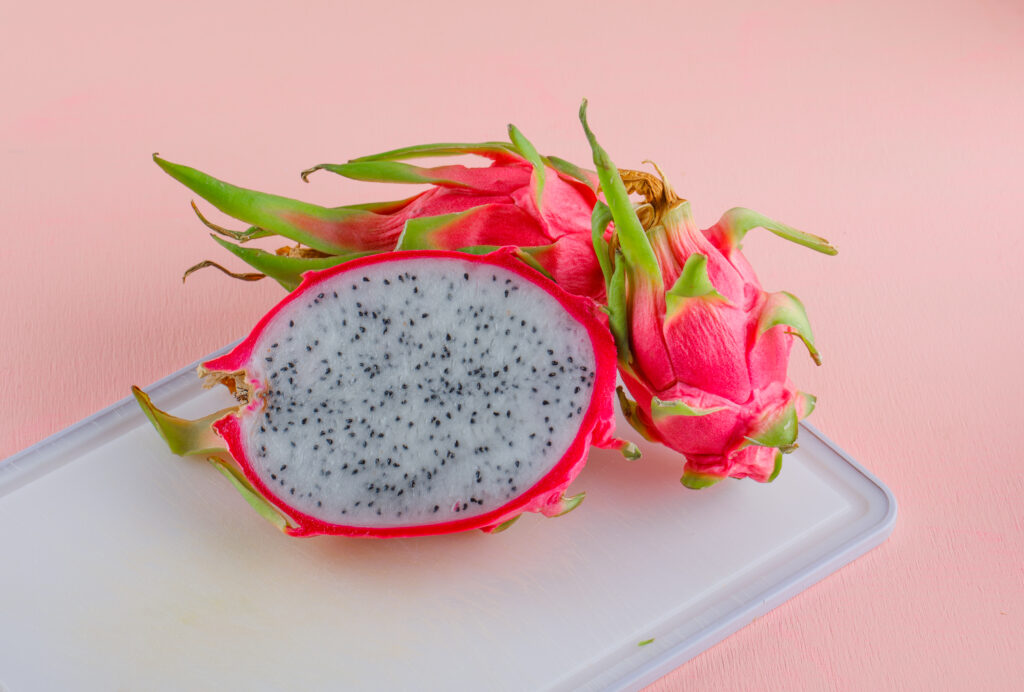Rosacea and Diet: List of Good and Bad Foods

In delving into the list of good and bad foods for rosacea creation of written content, two pivotal facets emerge—namely, “perplexity” and “burstiness.” The former serves as a measure of textual intricacy, while the latter assesses the diversity of sentence structures. Traditionally, human authors manifest heightened burstiness by seamlessly interspersing sentences of varying lengths. In stark contrast, AI-generated sentences tend to exhibit a uniformity in their length. To ensure the content produced attains a desirable equilibrium of perplexity and burstiness, it is paramount to bear this in mind.
Furthermore, in the realm of crafting written content, artificial intelligence often employs phrasing that deviates from the choices a human wordsmith might make. The strategic incorporation of uncommon terminology enhances the originality of the piece.
Without further ado, let’s embark on a journey to gain expert insights into a condition that, regrettably, afflicts individuals who find themselves either disconcerted or blushing to a painful degree—rosacea. This prevalent malady, predominantly impacting females, tends to make its presence felt after the milestone of one’s thirties, establishing various connections, such as the intricate interplay between rosacea and dietary habits.
However, it is list of good and bad foods for rosacea crucial to note that there exists no universal rule, given the substantial number of individuals grappling with this condition in recent years. Many amongst us may already find ourselves entangled in the clutches of this dermatological concern, primarily affecting the countenance but also extending its reach to other exposed regions of the body.
Let us now delve into the causative factors:
While the primary and overarching cause of rosacea remains elusive, a compilation of purported reasons sheds light on potential triggers for this condition. Allergies could be a contributing factor, or the nexus between rosacea and diet might stand out as the solitary culprit. Noteworthy among the ostensible triggers are mites—innocuous in some cases, yet posing a potential risk. Genetics emerges as an undeniable determinant. Bacterial influence on the skin could precipitate rosacea, alongside compromised blood vessels and prolonged exposure to harsh sunlight without adequate protection.
Turning our attention to the symptoms:
Individuals grappling with rosacea report a litany of discomforts, ranging from mildly disconcerting to downright excruciating. The repertoire of symptoms expands to encompass papules, pustules, flushed cheeks, visible blood vessels, stinging and burning sensations, itching, dry and cracked skin, enlarged pores, facial swelling, and inflamed eyelids.
For an exhaustive exploration of rosacea symptoms, a detailed resource is available here.
Enumerating a roster of beneficial and detrimental foods concerning rosacea:
The dermatological condition exhibits a discernible correlation with dietary choices, prompting a discussion on rosacea and diet. Those already contending with this condition should acquaint themselves with potential triggers, as unsuspected ingredients may serve as culprits. However, for those seeking foundational knowledge and a preventative approach, understanding the foods that induce rosacea is imperative.
In both scenarios, the following should be avoided:
Spicy and piquant flavors:
Spice exacerbates the burning sensation, potentially leading to inflammation and other cutaneous issues.
Alcohol and effervescent beverages:
While alcohol is a ubiquitous element in daily life for many, excessive consumption may designate it as a potential trigger, primarily due to histamine release.
Chocolate:
Regular consumption may contribute to the disorder, despite controlled caffeine intake offering a modicum of assistance.
Cheese and processed fare:
Processed foods, including cheese, red wine, and vinegar, are known aggravators of rosacea.
Hot beverages:
Drinks like hot cider and coffee, while not entirely beneficial, exacerbate symptoms and flush the skin by dilating vessels.
Conversely, a list of recommended foods includes:
Nuts:
Rich in beneficial fats, nuts contribute to symptom improvement when consumed judiciously.
Whole grains:
In lieu of processed options, opting for unprocessed whole grains not only supports skin health but also maintains gut equilibrium.
Meat:
The presence of omega-3 fatty acids in meat fosters supple and healthy skin, mitigating flare-ups.
Berries:
Recognized for their antioxidant properties, berries establish a positive nexus between rosacea and diet.
Water:
Emphasizing the importance of hydration, water facilitates toxin elimination, exerting a salubrious effect on rosacea and various disorders.
To explore six foods beneficial for the skin, refer to this resource.
Conclusion:
While an indelible connection exists between rosacea and diet, it is imperative not to overlook the multifaceted nature of tackling any disorder, especially those afflicting the skin. Nurturing the body entails adopting an active lifestyle and adhering to a minimalist, uncomplicated skincare routine. Prioritize broad-spectrum sunscreens and quality skincare list of good and bad foods for rosacea products, incorporating adequate moisturization. Regulating stress and emotional well-being constitutes a significant stride towards healing dermatological issues. Ultimately, the adage “you are what you eat” holds true; hence, opt for a diet that is gentle, anti-inflammatory, and nutritious. Be cognizant of foods that may trigger rosacea, maintaining simplicity in your dietary choices. The inclusion of ample fiber and meticulous hydration proves invaluable. Regular consultations with a healthcare professional further underscore a holistic approach to well-being.
Also Read:






Responses